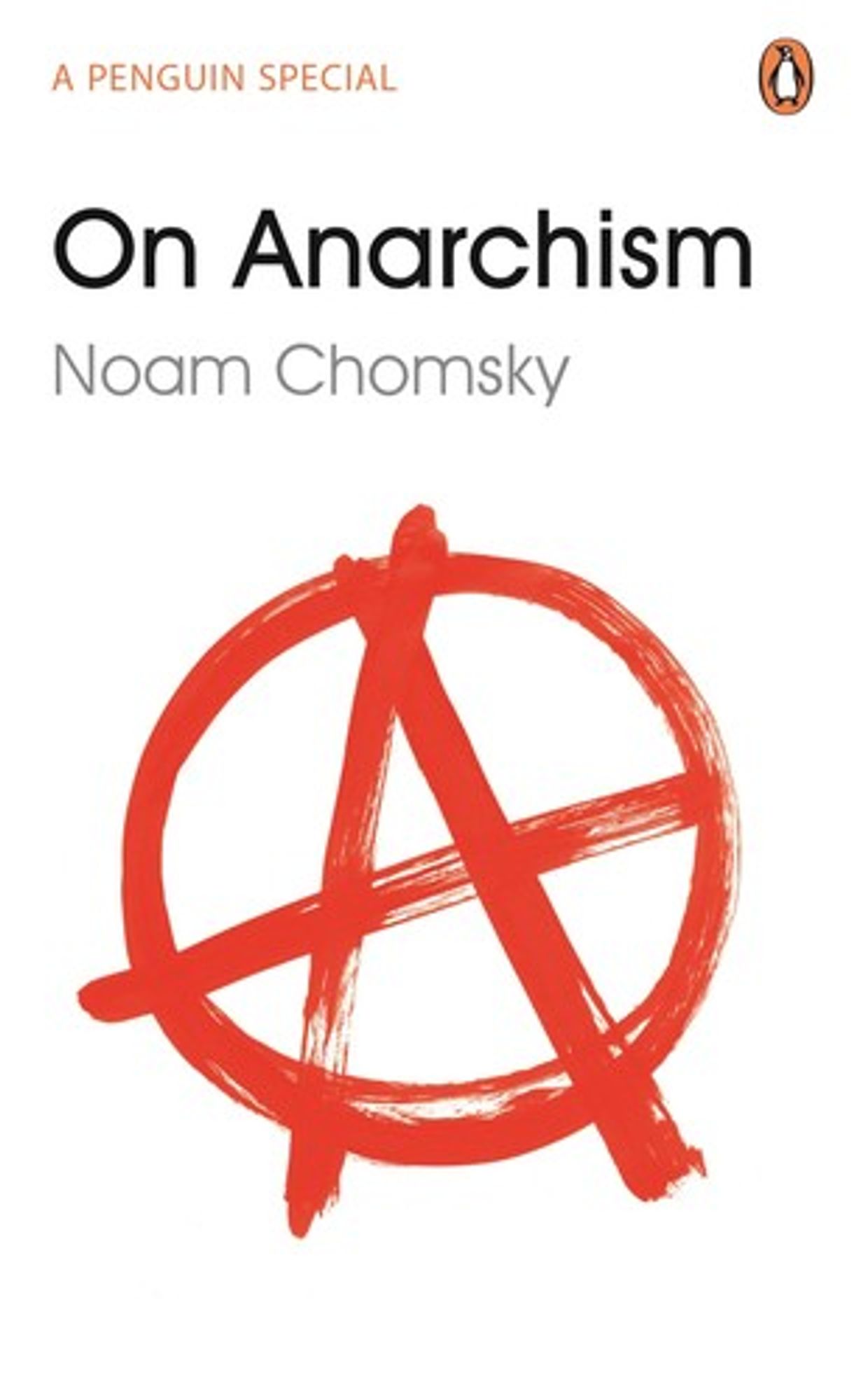Blog > Book - On Anarchism

Author: Noam Chomsky
Year: 2013
Publisher: Penguin
ISBN: 978-0241969601
I have been curious about anarchism for long: could not get what was the idea behind a no authority society. I find some kind of authority -external to the individual- is a must: to prevent the abuse from a few upon many; or to avoid the tragedy of the commons.
So how a no rule thing as anarchism can be? Well, this book describes anarchism as a critical thinking upon all forms of authority. And I can buy that. But do not search for an organizational model: anarchism cannot describe that.
I found interesting the relationship between anarchism and socialism. In pages 9 and 10 it is said (after quoting Rudolph Rocker works):
From this point of view, anarchism may be regarded as the libertarian wing of socialism. It is in this spirit that Daniel Guérin has approached the study of anarchism in Anarchism and other works.
Guérin quotes Adolph Fischer, who said that "every anarchist is a socialist but not every socialist is necessarily an anarchist".
Another key point is, related to the concept anarcho-syndicalism, the requirement of the anarchist to be a producer. Again this is something I buy, but... Shall anarchist exclude from society every non-productive member? Who will decide that a non-producer individual is acceptable to the society? Again, lots of open questions.
Also 1936's Catalonia revolution is extensively cited. The workers' control of factories is put as an example of anarchist success, though it could not outlast external influences, as the one from the Soviet Union. The question here is: was there any chance of survival for this movement in the face of any external power? Can it last on the mid term.
In the last pages of the book (page 138 in the edition I read), an interesting principle is mentioned: that the struggle between freedom and constraints is the key driver for creativity (progress?). It is described like this:
The many modern critics who sense an inconsistency in the belief that free creation takes place within presupposes, in fact a system of constraints adn governing principles are quite mistaken; unless, of course, they speak of "contradiction" in the loose and metaphoric sense of Schelling, when he writes that "without the contradiction of necessity and freedom not only philosophy but every nobler ambition of teh spirit would sink to that death which is peculiar to those sciences in which that contradiction serves no function." Without this tension between necessity and freedom, rule and choice, there can be no creativity, no communication, no meaningful acts at all.
All these items are interesting individually, but it is difficult to put them together in an anarchist-friendly schema.
The book provides food for thought. I suspect books on anarchism share this characteristic, though they do not provide concrete answers.